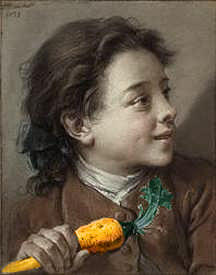1.27.2011
This year, as part of my professional development I'm looking into assessment in art education as a research project. I've been modifying various approaches to self assessment over the past year, but have been struggling to find a method that I'm truly happy with- one that recognizes the growth of the individual student by their own progress and clearly demonstrates their learning.
I've been having students turn in written reflections for a while, but Kate (see this post about the project) suggested that we have the students create podcasts about their towers. I was blown away by how much more thought and detail the students were willing to put in the podcast than they had done in the past on paper.
For their assessment, students explained their sources for inspiration for the project and how it their creations were representations and reflections of themselves. They also talked about their aesthetic an creative choices in creating their work. Here are just a few samples:
Tags: Assessment, Drawing, Perspective, Podcasts















Finally, I think the assessor him or herself is a factor here. Listening is a more passive activity than reading, which perhaps puts you in a more relaxed frame of mind. It is also pleasant to hear the children's voices, whose expressions add a lot to their words.
Great stuff.
@Craig- Thanks! Please do.
If you click on the links, they are live, and take you to the original site. Enjoy!
Jessica
http://theartofeducation.wordpress.com/2011/01/23/the-ultimate-assessment-pdf/
Jessica